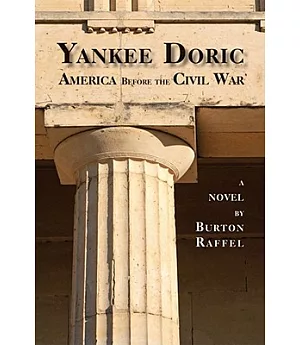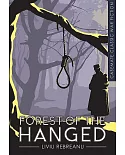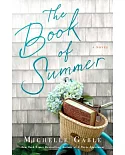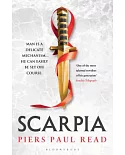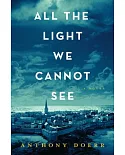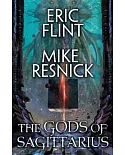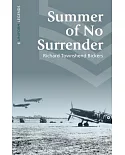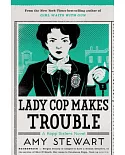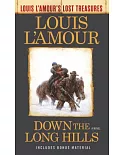America's massive war against itself developed slowly, pressing ever more heavily on people in all walks and ways of life. The Bingham family---first of New England, then of rural New York,
then of the great city of New York, and even of Paris---was, like everyone else, caught up in deep, churning passions. The stories of Bingham men, as they struggle toward lives and loves they
long for, reach into the realms of commerce, politics, farming, diplomacy, journalism. Bingham women, almost too strong for the roles society requires them to lead, strive to be as they see
themselves. All these interwoven histories (aside from characters drawn directly out of American life, like Horace Greeley and Daniel Webster) are fictive; but their stories can be seen as
historical reincarnations, since Yankee Doric presents an exact portrait of America before the Civil War.
Dramatizing the times of Jefferson, John Brown, and Horace Greeley, Yankee Doric recovers the feverish restlessness of a newly-formed nation growing from isolation to world position. Through a
family's search for meaning in the face of illness, infidelelities, death, the vagaries of politics and the looming possibility of civil war, the novel presents a portrait of the young nation
and its citizens. The language is so fine that details become images; giving scope to the national experience and stature to its characters, these images fuse into the ideas that created the
United States of America and, still, enable it to endure.---Linda Ty Casper, author of DreamEden and Awaiting Trespass
Surveying American life during the decades before the Civil War, Yankee Doric will delight readers with graces of prose style reminiscent of the great novels of manners. Yet the delight serves
as subtle cover for Raffel's knowing wit which, slyly, pries into both Northern and Southern life. Throughout, one hears the distant knells of impending national holocaust.---Donald R.
Holliday, Missouri State University (Emeritus)

